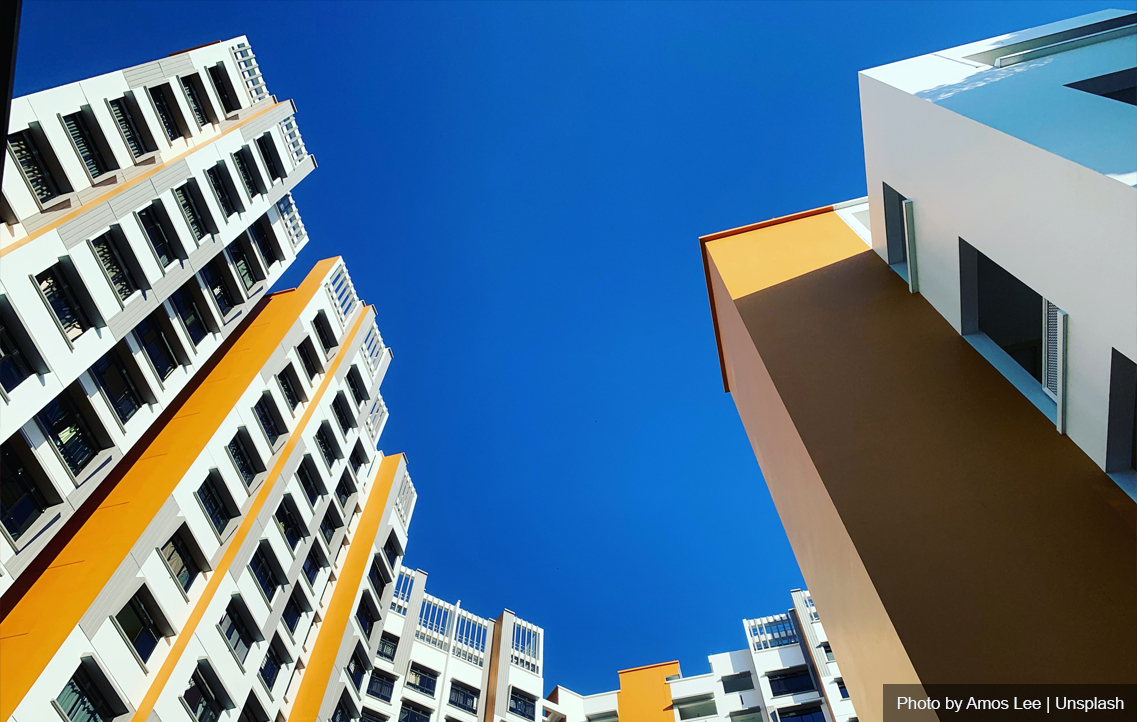
Marital status has long been a key factor in determining eligibility for Housing and Development Board (HDB) flats. But jokes about Singaporeans proposing marriage with a Build-to-Order (BTO) flat application aside, rules for singles have been eased over the years, from housing grants to resale flat sizes.
Soon, location will no longer be a restriction. Public housing choices for singles will be expanded from the second half of 2024 to include new two-room BTO flats in any housing estate, not just in non-mature ones, announced Prime Minister Lee Hsien Loong at the National Day Rally on Sunday (Aug 20).
These moves will affect more Singaporeans over time due to the rise in singlehood across many age groups over the last decade, according to the 2020 population census. In particular, the group of singles aged 35 and above will grow due to the trend towards later marriages. The median age at first marriage in 2022 was 30.7 for grooms and 29.3 for brides, compared with 30.1 and 28.0 in 2012.
Currently, only singles aged 35 and above have access to subsidised public housing. Even then, those whose hearts are set on a BTO flat are only allowed to apply for smaller two-room units, though some may prefer larger homes.
PERENNIAL QUESTION OF SPACE
Although the above-mentioned restrictions may seem discriminatory to some, ideal housing – unlike adequate housing – is not an entitlement.
Due to land scarcity, there is a limited supply of larger BTO units, and these should be prioritised for households that are on average larger.
As it is, larger units are already heavily oversubscribed. In his speech, Mr Lee said that there were more than 17 applicants for every five-room and 3-Gen flat in the Ang Mo Kio Central Weave BTO project.
Indeed, the residential density is about the same for two singles sharing a two-room flat of 45 sq m and a four- or five-member family in a four-room flat of 100 sq m. This density will be lower for a single living alone in a two-room flat.
For most, the living space offered by two-room units crosses the adequate housing threshold. Many elderly couples voluntarily downgrade to similarly sized homes that better meet their needs after their children leave the nest.
IMPACT ON MARRIAGE AND PARENTHOOD EFFORTS
With supporting marriage and parenthood a national priority given Singapore’s ageing population, could providing more housing options for singles reduce incentives to get married and have children, and hence be a bad thing?
Counterintuitively, there might be a possibility that the reverse is true.
Studies in Japan showed that single adults who resided with their parents were slower to enter their first marriage, compared to those living apart from their parents.
Interestingly, the reason is not that these singles were less interested in marriage or put in less effort to trying to find a life partner. While the researchers said it alone did not explain Japan’s trend towards fewer and later marriages, living in the parental home made singles more contented with their current state and less ready to move on to the next stage of life.
Above all, it is important to recognise that not all who remain unmarried past age 35 do so by choice.
Some may have wanted to be married but simply never met the right person, or their prior relationships did not end well. There should be an understanding that many of them have faced constraints which may be out of their control, and that allowances should be made for such cases.
INCLUDING SINGLES IN THE SINGAPORE STORY
It makes sense to give older singles the shared Singaporean experience of access to affordable housing options nationwide. By doing so, more can become equity stakeholders in the future of the nation, which will in turn promote proper political functioning and sustainable efficiency and growth.
It is also important to include singles because it equips them to care for others in society. As the population ages and family sizes decline, singles are increasingly likely to be on the hook for caring for elderly parents, especially unmarried women.
Giving singles the option to own a home closer to their parents helps, by facilitating more intergenerational transfers of mutual help and care.
How about younger singles who say such housing rules make them feel like they mean less to Singapore than married couples?
Although they are not eligible for the limited supply of HDB flats, there are signs that this group’s needs have also increasingly received policy attention, with the Singapore Land Authority’s recent decision to convert more state-owned buildings to co-living spaces, which will provide more options for temporary living.
Inclusive policies towards singles should not be restricted only to housing. Making access to family care leave more universal for all employees can relieve the burdens on caregivers – regardless of their marital status.
Hence, being considerate of singles’ housing and other needs is not only a matter of respect and fairness, but also works towards a more sustainable solution for the demographic issues ahead.
Tan Poh Lin is a Senior Research Fellow at the Institute of Policy Studies, Lee Kuan Yew School of Public Policy, National University of Singapore.
This piece was first published in CNA on 26 August 2023.
Top photo from Unsplash.
